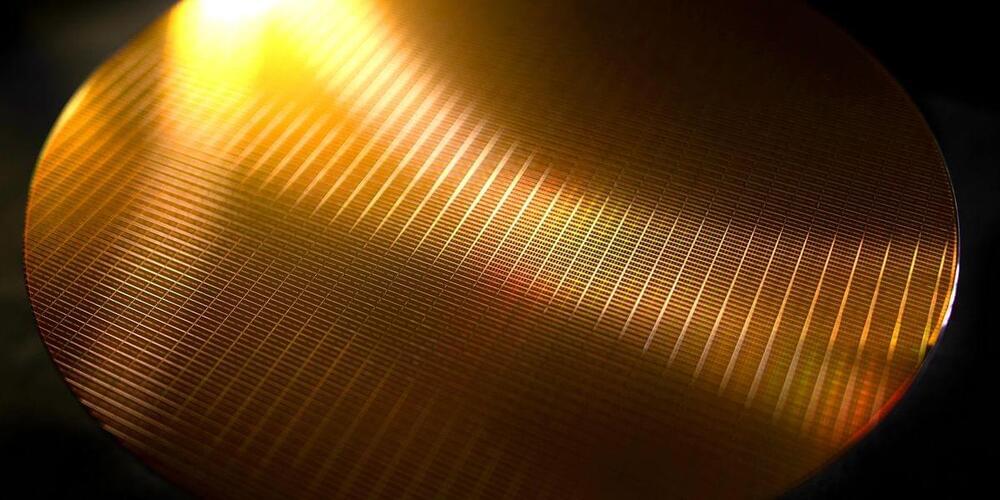Memory and storage chip maker Micron Technology says it is shipping samples of the most bit-dense DRAM memory chips yet. Compared with its own previous generation, the 16-gigabit DRAM chip is 15 percent more power efficient and 35 percent more dense. Notably, Micron achieved the improvement without resorting to the most advanced chip-making technology, extreme ultraviolet lithography. The features that make up DRAM cells are not nearly as tiny as those on logic chips, but this advance shows that DRAM density could still shrink further in the future.
Micron says it is shipping samples of LPDDR5X chips, memory made for power-constrained systems such as smartphones. (LPDDR5X, unpacked: a revved-up twist on the low-power version of the fifth generation of the double-data-rate memory communications standard, capable of transferring 8.5 gigabits per second.) It’s the first chip made using Micron’s new manufacturing process, called 1-beta, which the company says maintains the lead it took a year ago over rivals, including Samsung and SK Hynix.
Manufacturing processes for DRAM and logic chips diverged decades ago, with logic chips shrinking transistors much more aggressively as the years went by, explains Jim Handy, a memory and storage analyst at Objective Analysis, in Los Gatos, Calif. The reason for the difference has to do with DRAM’s structure. DRAM stores a bit as charge in a capacitor. Access to each capacitor is gated by a transistor. But the transistor is an imperfect barrier, and the charge will eventually leak away. So DRAM must be periodically refreshed, restoring its bits before they drain away. In order to keep that refresh period reasonable while still increasing the density of memory, DRAM makers had to make some pretty radical changes to the makeup of the capacitor. For Micron and other major manufacturers, it now resembles a tall pillar and is made using materials not found in logic chips.
